Opposition unity and the challenges ahead in India

Fresh general elections in India are due early next year and the opposition parties seem to have taken a good first step during their meeting in Patna on June 23 in their quest for a united front against the ruling BJP (spearheaded by Prime Minister Narendra Modi) seeking a third consecutive term in power.
After their first joint meeting – that lasted for nearly four hours – all the opposition parties did was come out with a statement of intent to prepare a roadmap for the formation of an anti-BJP front. In this regard, they have a number of challenges on hand: 1) agreeing on a single opposition candidate against BJP in the maximum number of Lok Sabha seats; 3) advance, state-wise seat-sharing; and 3) a common manifesto and joint campaign across India.
The parties agreed to meet again in July to smooth over the details of the opposition alliance. There appears to be recognition that every state has different circumstances and there cannot be a one-formula-fits-all method for achieving unity. Absent in the Patna meeting were BSP and other key regional outfits like BRS, BJD, and YSRCP (ruling Telangana, Odisha, and Andhra Pradesh, respectively).
The opposition alliance is already in place in some major states like Tamil Nadu, Maharashtra, Bihar and Jharkhand which together account for 141 seats and only seat-sharing needs to be sorted out. However, there are key states like Uttar Pradesh, West Bengal, Delhi, Kerala, Telangana, Andhra Pradesh and Punjab, where a total number of 209 seats are at stake, the outlines of the opposition alliance are yet to take shape. It is going to be by and large a straight contest between BJP and Congress in Rajasthan, Madhya Pradesh, Chhattisgarh, Karnataka, and Gujarat – which collectively have 119 seats.
Samajwadi Party President Akhilesh Yadav hinted at the contours of opposition unity when he said the parties which are stronger in a particular state should take the lead and other parties should help them. There was no doubt that he had in mind Congress in UP. This will certainly entail big sacrifices, particularly in states where Congress and regional parties (which have joined hands against BJP) vie with each other for local political turf in assembly elections. Much will depend on the concessions Congress can make to anti-BJP parties in order to fructify opposition unity.
For instance, in West Bengal, the ruling Mamata Banerjee-led Trinamool Congress is opposed by both Congress and CPI(M). If Congress and CPI(M) were to join hands with TMC in the name of fighting BJP, political watchers say it will be nothing short of political hara-kiri for Congress and the Left – especially after having been decimated in the last assembly polls in 2021, when BJP emerged as the main opposition in the state. In Delhi and Punjab, Congress and Aam Aadmi Party are rivals. Can they set aside their rivalry and come together just for the Lok Sabha poll? In Kerala, Congress and CPI(M) are rivals. But that did not prevent them from joining hands during assembly polls in West Bengal and in Tripura (though this did not help either of them in the last assembly elections in the eastern and north eastern state). The opposition parties need to find a strategy to overcome these contradictions.
The fissures in the opposition camp were out in the open in the run-up to and at the Patna meeting, with AAP repeatedly resenting Congress' refusal to clarify its stand on Delhi CM Arvind Kejriwal's campaign against the move of the BJP-led government at the Centre to issue an ordinance to take away the Delhi government's control over bureaucrats. The Delhi unit of Congress is against supporting AAP on this issue.
The drawing up of a common manifesto and joint campaign across India would be among the next crucial steps for opposition parties in order to make their unity credible and coherent. There is recognition in the opposition camp that only criticism of Modi and BJP would not suffice. What is needed is an affirmative agenda based on an alternative vision for socio-economic development and promises different from those of BJP.
Pallab Bhattacharya is a special correspondent for The Daily Star. He writes from New Delhi, India.

 For all latest news, follow The Daily Star's Google News channel.
For all latest news, follow The Daily Star's Google News channel. 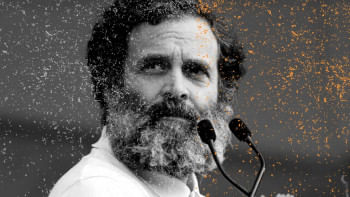
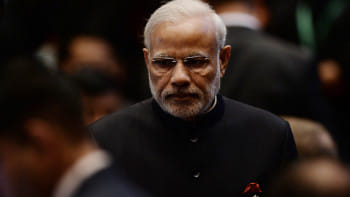
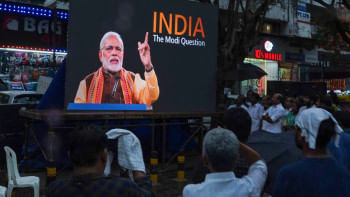
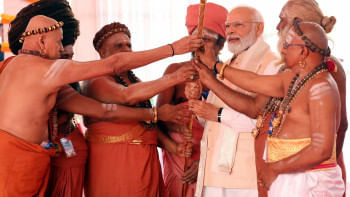



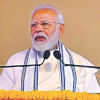

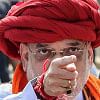



Comments